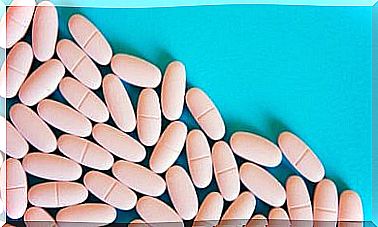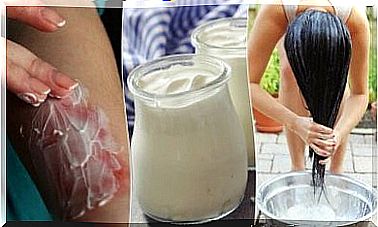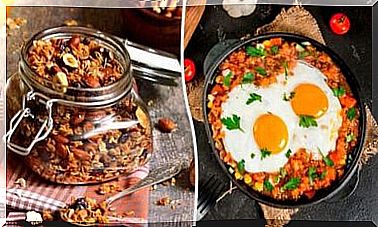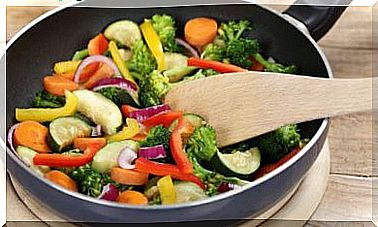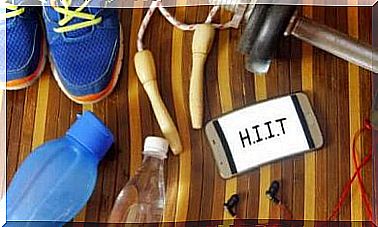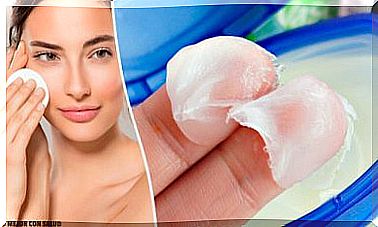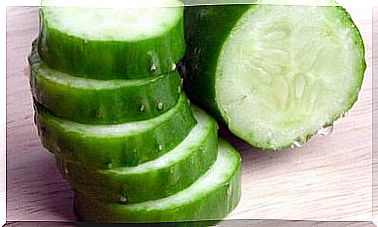Kidney Stones: Learn How To Prevent Them
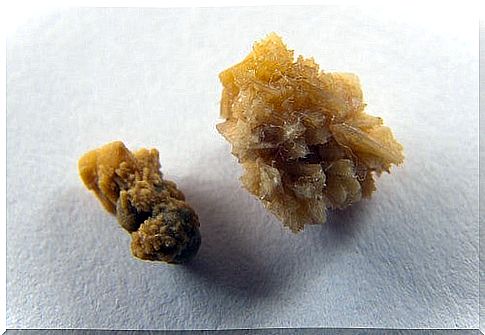
Kidney stones are bits of solid material that form due to high levels of certain substances in the urine. They are generally found in urine and therefore do not cause problems at the lower levels.
The fate of the stones can be of two types: they can remain in the kidneys or go down the urinary tract. Their size can vary, and so does their effect. For small stones, they can come out on their own, causing little or no pain at all.
In the case of larger stones, however, these can get stuck in the urinary tract, obstructing the flow of urine and causing intense bleeding and a lot of pain.
What causes stone formation?
Kidney stone formation is mainly caused by high levels of substances such as calcium oxalate and phosphorus in the urine. There are certain foods that can increase the likelihood of stone formation in some people.
How do you know you are at risk for kidney stones?
You may be at a higher risk of having kidney stones if you have some of the following factors:
- You have digestive problems
- You suffer from continuous or frequent urinary tract infections
- You notice that you suffer from blockages in the urinary tract
- Or you suffer from some disease that alters the level of substances in the urine
- You have a family history of people who have suffered from stones
- You are drinking too little fluids or are taking medicines that could adversely affect your kidneys
Know the symptoms
Knowing the symptoms will make it easier for you to realize the presence of stones in your kidneys:
- Presence of blood in the urine;
- Sharp, unbearable pain in the lower abdomen (between the chest and hips) or back
- Pain when you urinate.
If it comes to large stones, you will undoubtedly feel severe pain, possible nausea and vomiting. On the other hand, if it is a small stone, it will come out on its own and you may not have any symptoms.
When do you know that the situation is critical and you need to go to the doctor?
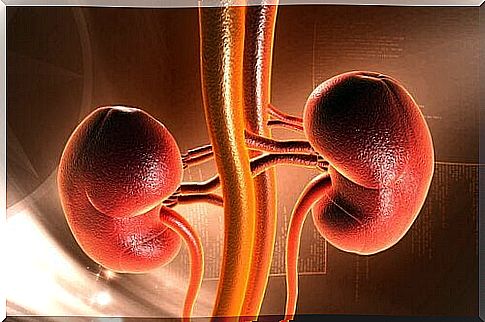
If you have any of these symptoms, it is important that you go to the doctor quickly:
- Blood in the urine
- Fever and chills
- Pain in the lower abdomen or back that is frequent and does not go away
- Urine with a strange, cloudy color and a bad smell
- Severe pains when you urinate
How can you prevent kidney stones?
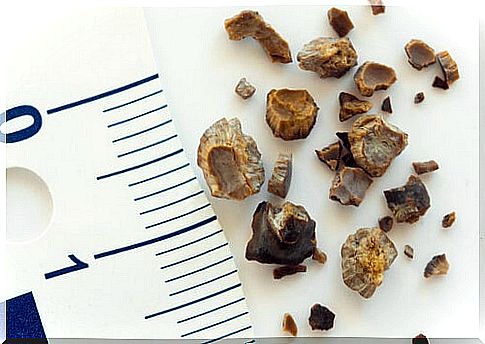
To prevent calculations, you can employ several methods that we describe below.
Learn about kidney stones
So that, if you happen to suffer from them, you can fight them in the most appropriate way, by consuming foods that do not contain the substance that is harming your kidneys.
Check your weight
People with greater body mass and a larger waistline are usually those who have a higher risk of developing these stones.
Drink at least 8 glasses of water a day
It is very important to do this, especially if you are exercising or if it is very hot. It can also be useful to drink orange juice, as this contains citrate which helps to minimize the degrees at which the calcium and oxalate acid crystallize, then forming stones.
Reduce your consumption of animal-based proteins
In particular, pay attention to fish, meat and eggs. Eat a maximum amount of 170 grams per day. In fact, these foods contain natural substances that break down or metabolize into uric acid (such as purines).
Also avoid sardines and liver and replace animal proteins with vegetable ones , such as nuts and legumes, for example.
Minimize your sodium (salt) consumption
Don’t eliminate it completely, but try to use as little as possible.
Eat foods that contain high amounts of potassium
Like vegetables:
- Pumpkins
- Potatoes
- Tomatoes
And the fruit:
- Melon
- Banana
- Apricots
Be very careful if you take multivitamin supplements that contain calcium or oxalates.
Cut down on fat
Consume only low-fat dairy products.
Pay attention to age
Usually people over the age of 40 are more likely to suffer from kidney stones.
Check family history
Also ask your relatives if any of them have had kidney stone problems.
Ask a specialist for advice
Remember to visit a urologist at least once a year.
Note: It is up to you whether the kidney stones get bigger, smaller or never appear. However, if the symptoms start to be bothersome, don’t forget to ask for a doctor’s help as, if you’re not careful, the situation could get worse. Remember to change your diet.
